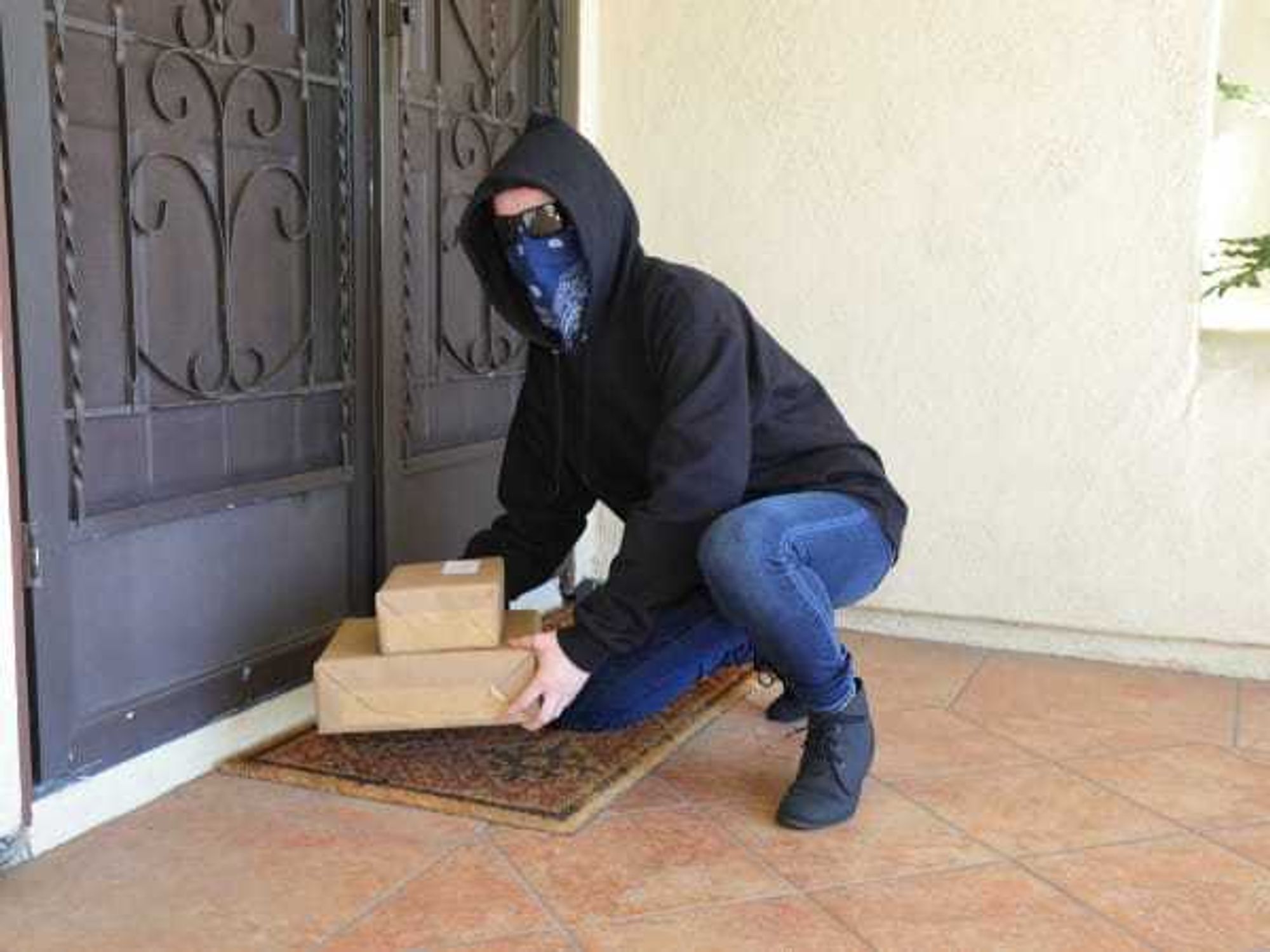Houston History
Freedmen's Town historic brick roads get a last-minute reprieve as judge temporarily backs preservationists
A last-minute, 14-day restraining order has temporarily stopped city crews from removing 100-year-old road paving bricks in Freedmen's Town as part of a citywide infrastructure improvement plan. The bricks were purchased and laid by freed slaves in that Fourth Ward community, a residential neighborhood founded and built by previously enslaved families and their descendants immediately after emancipation in 1865.
District court judge Alexandra Smoots-Hogan granted the order after members of the Freedmen's Town Preservation Coalition filed the request against the city and contractor Conrad Construction.
"That is history, don't disturb history," Pastor Samuel Smith of Mt. Horeb Missionary Baptist Church told KHOU.
"The Freedmen's Town Preservation Coalition is gravely concerned about the urgent risk of destroying our heritage," Dorris Ellis, president of FTPC, told KHOU. "This is problematic for our entire city and even our country for this approved June 11, 2014 action by 16 city council members, and the mayor will erase an importance section of Houston's history."
The project is part of the city's "Rebuild Houston" plan, which includes removing the bricks to replace aging water and sewer pipes the the Fourth Ward. The streets include Andrews, Wilson and Robin.
"That is history, don't disturb history," Pastor Samuel Smith of Mt. Horeb Missionary Baptist Church told KHOU. "You're disturbing what the forefathers fought to put down."
Some activists also note the bricks are laid in patterns with symbolic and religious meanings.
City officials and area residents have discussed different technologies for preserving the bricks when conducting the Freedmen's Town infrastructure upgrades but cost appears to be an issue. Meanwhile, opponents and proponents have until Jan. 30 to file a response in Smoots-Hogan's court.
Watch the KHOU video below for the full report:
